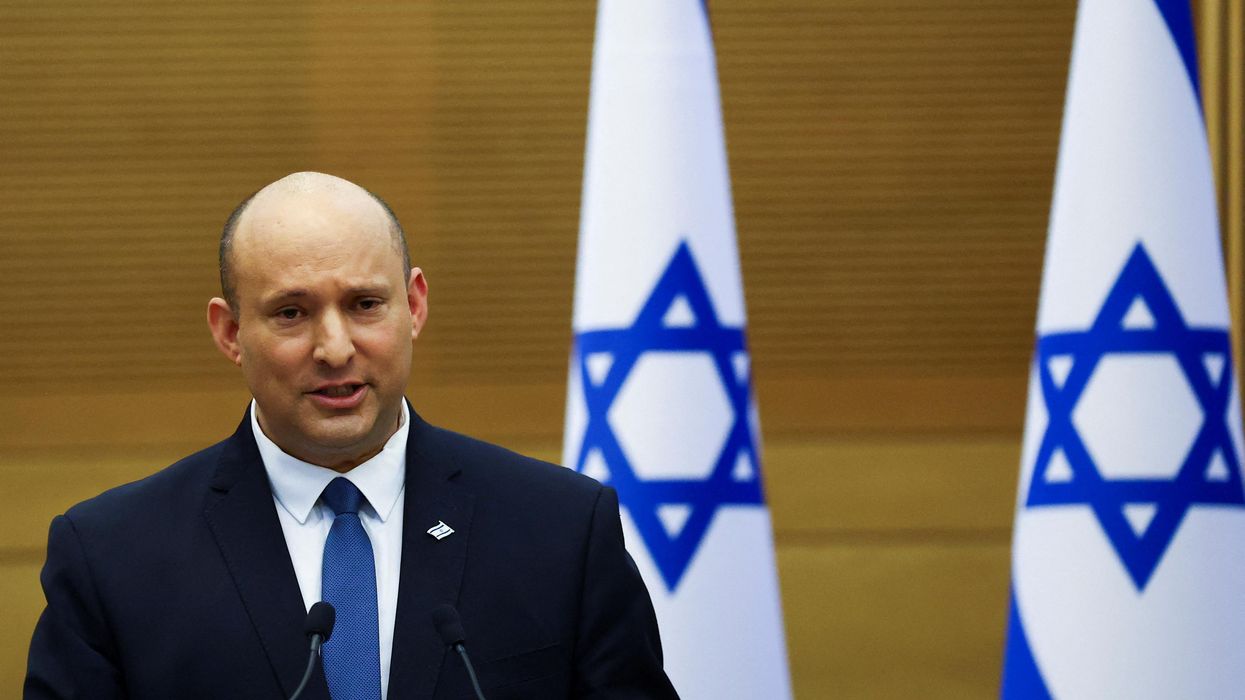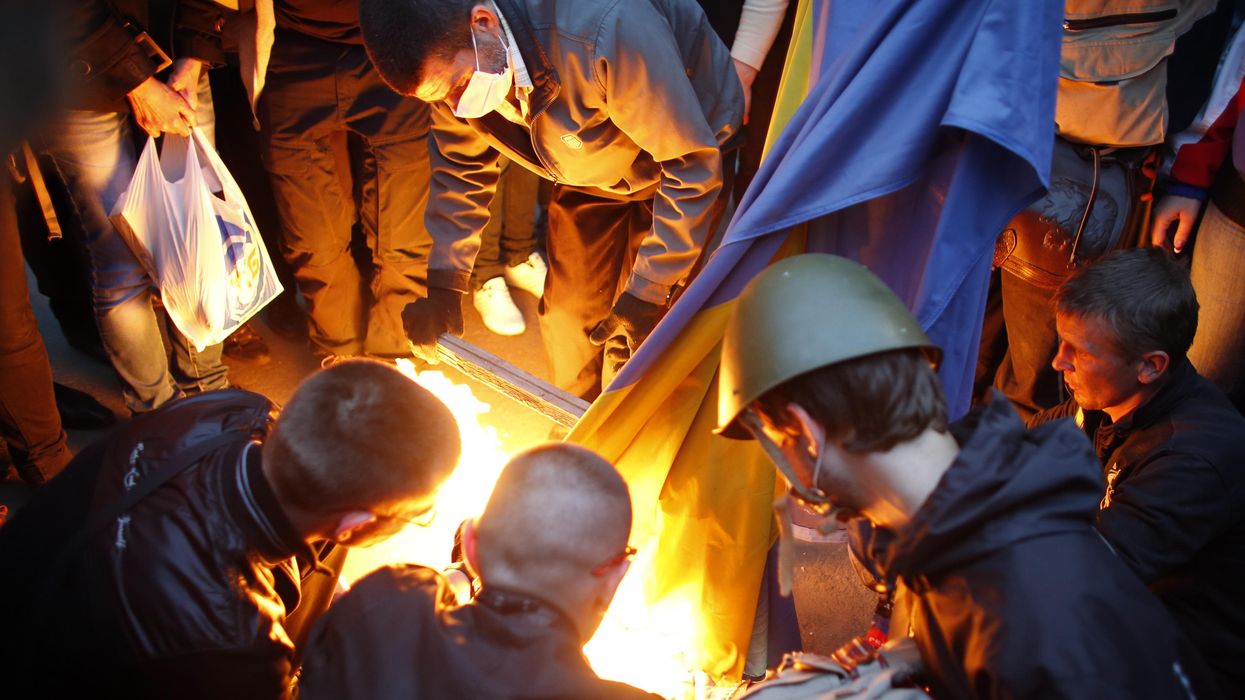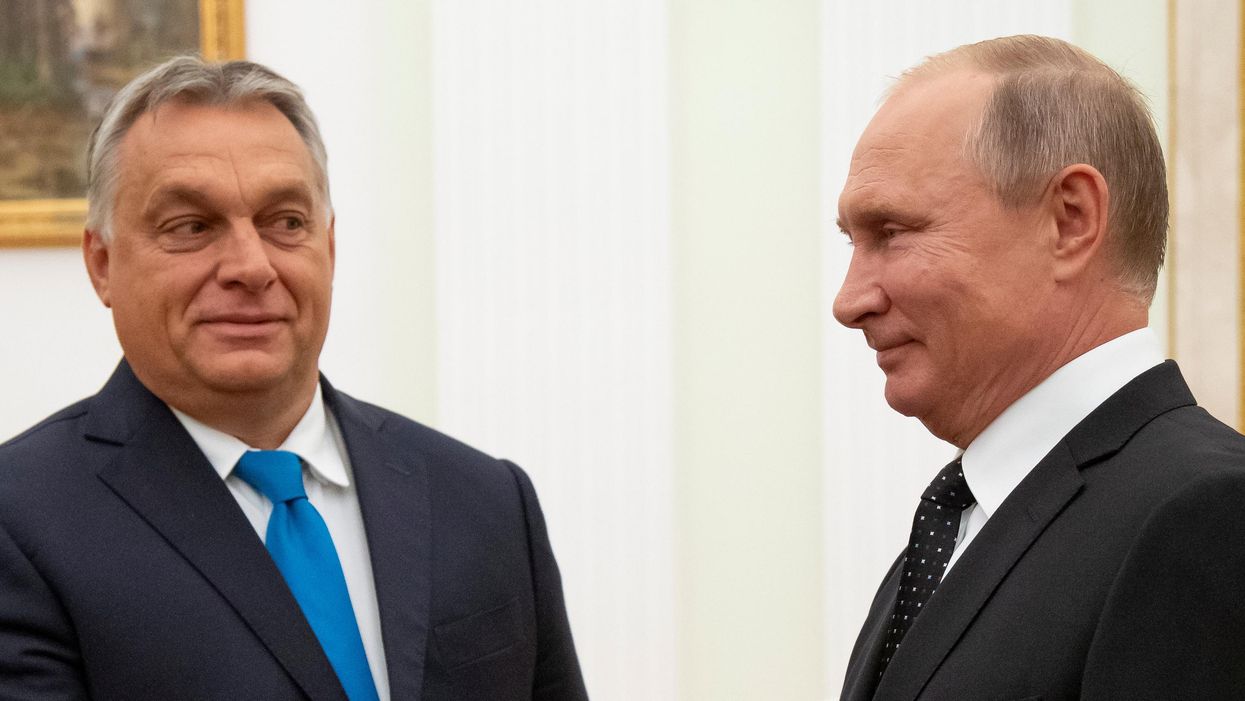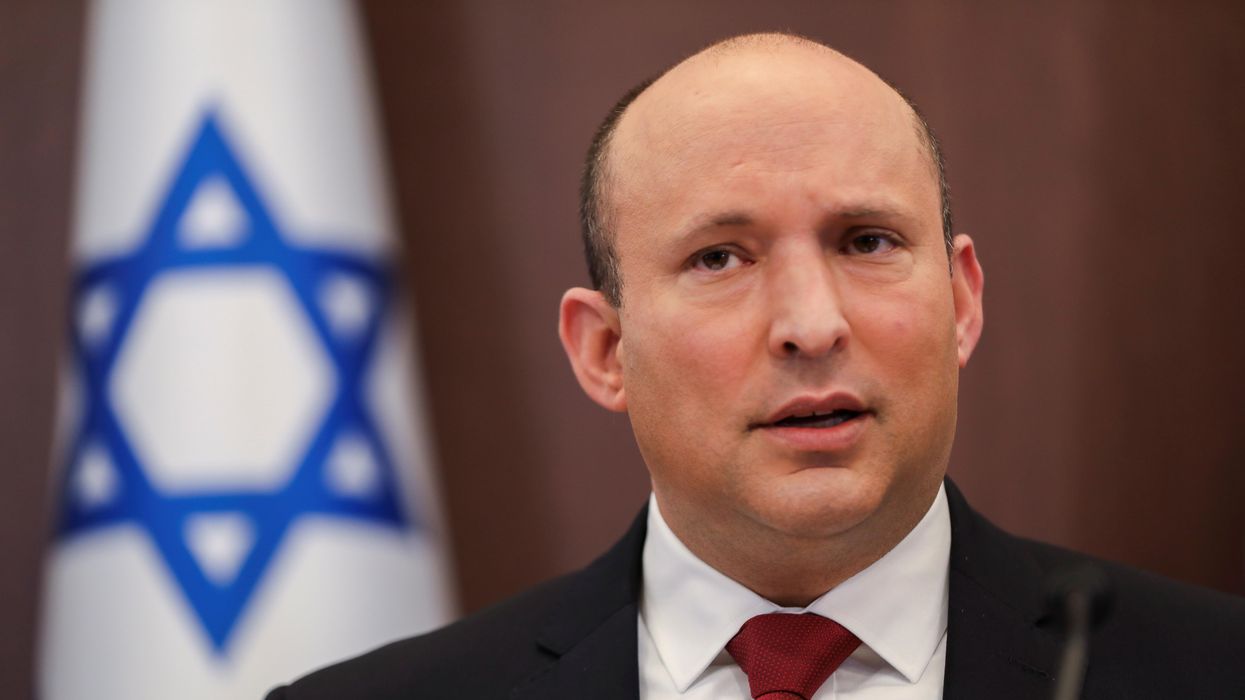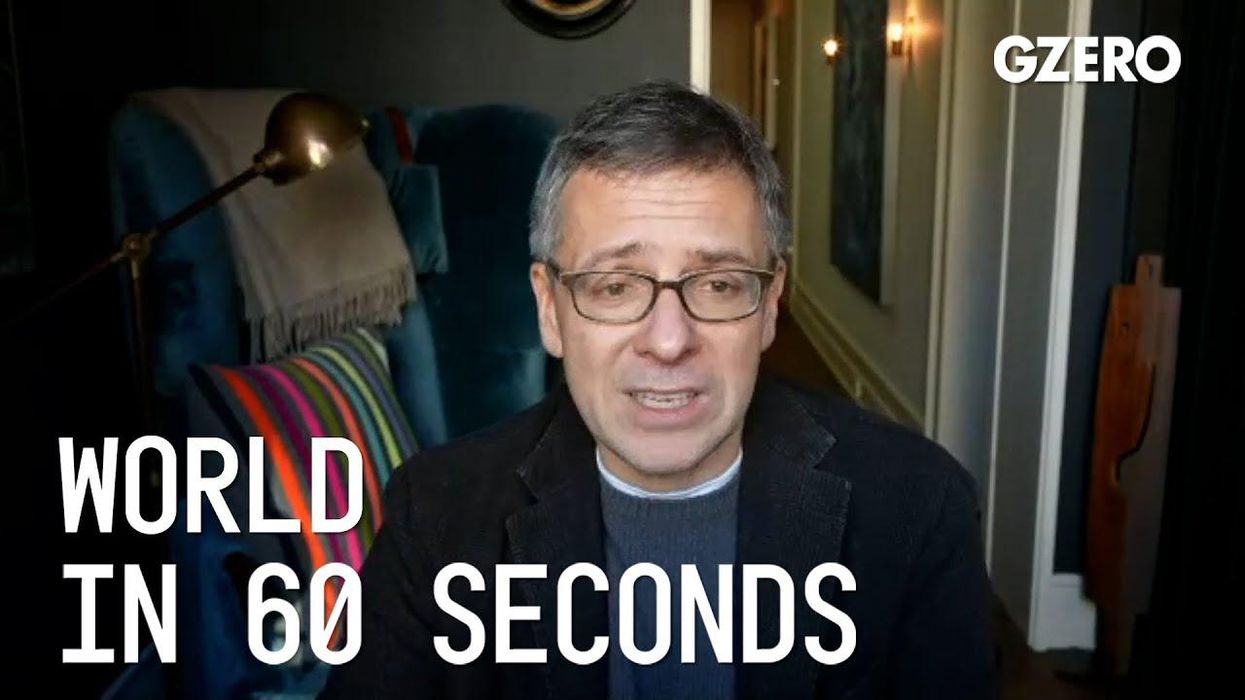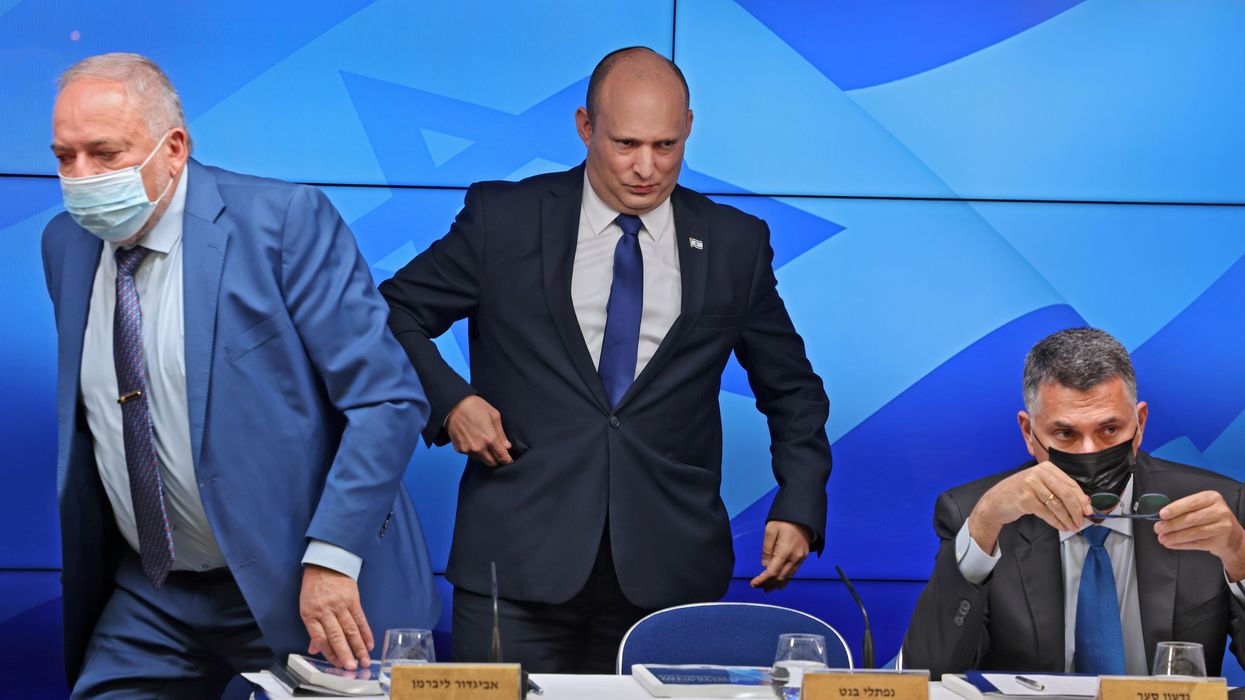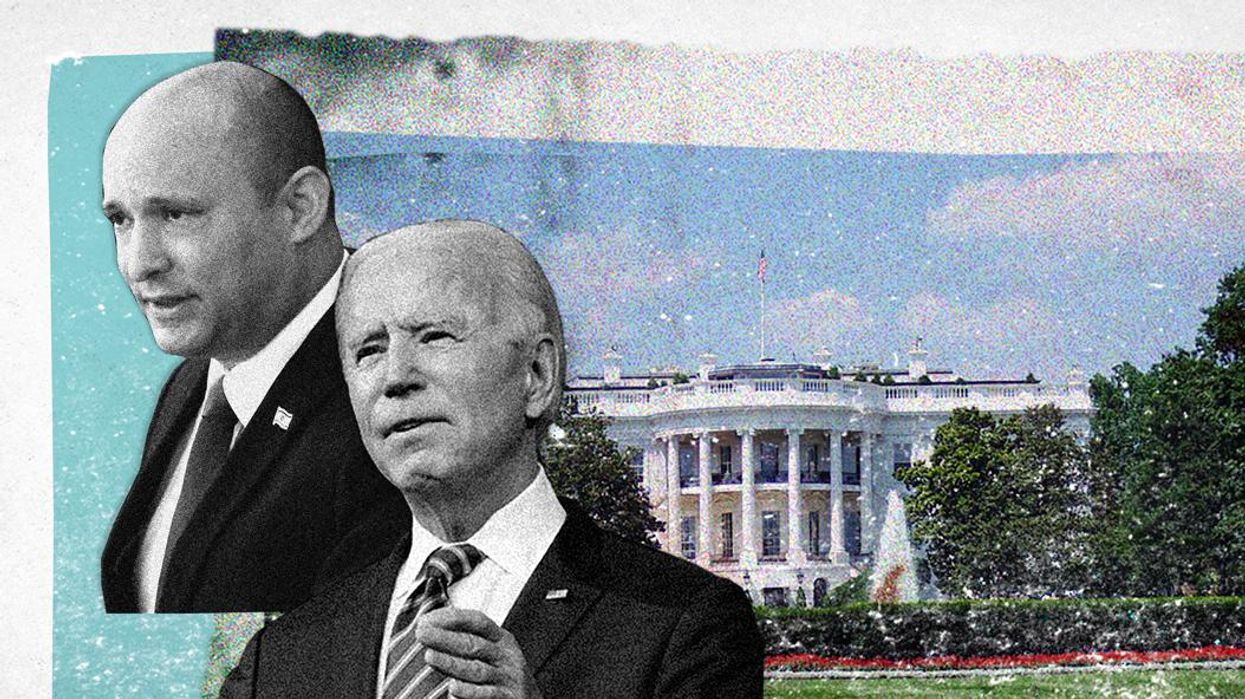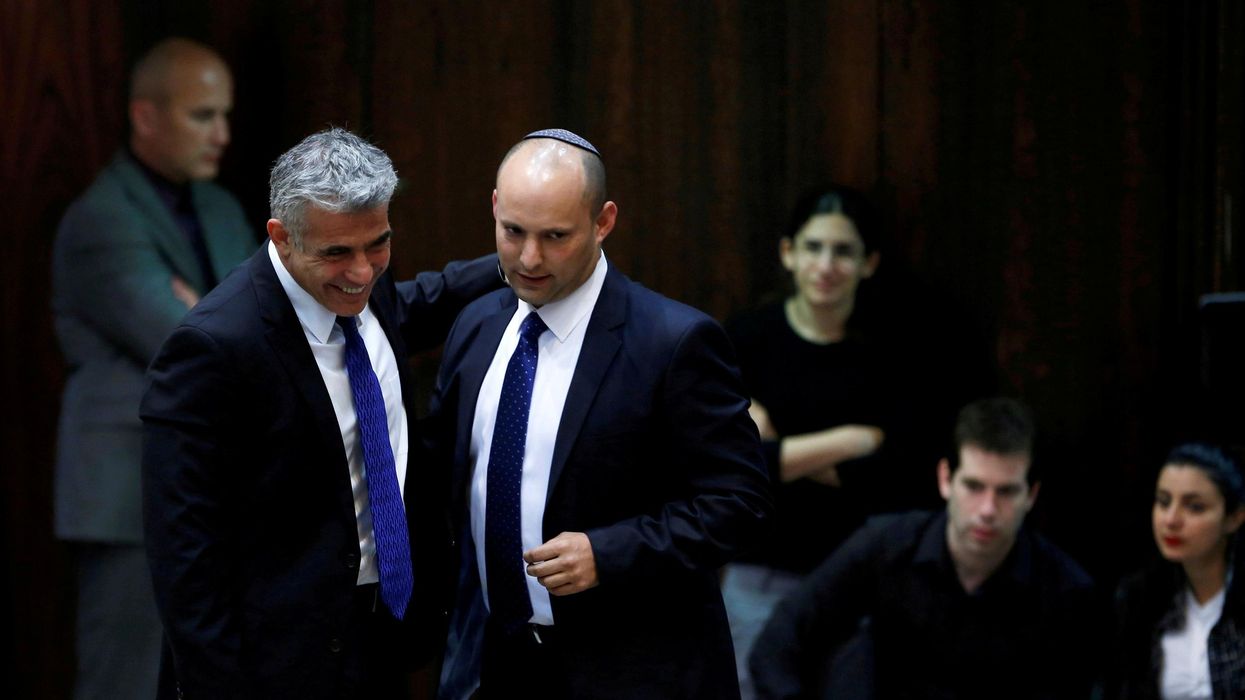News
Déjà vu in Israel: Another government crumbles
Political tumult is again the order of the day in Israel, where the fifth election cycle in 42 months is about to kick off. What sparked the latest government collapse, and how might Israel overcome this period of chronic stalemate?
Jun 22, 2022

